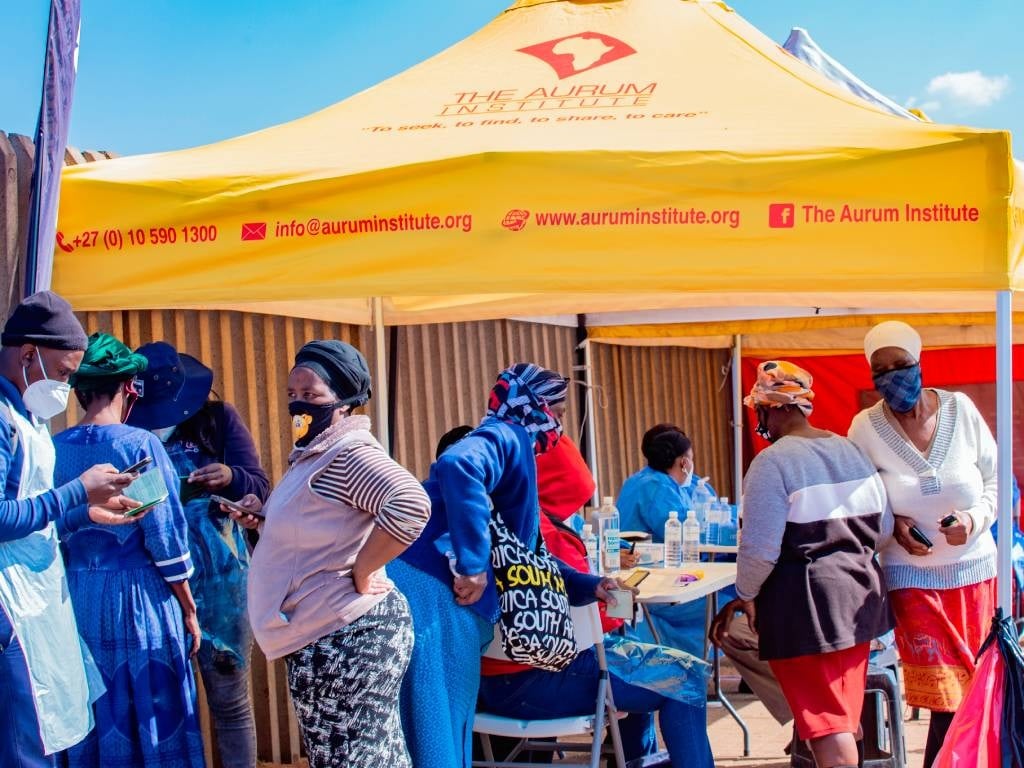
- A new study published in the journal Science found that the Omicron variant was circulating in Africa at least two months before it was detected in South Africa and Botswana.
- After its detection in South Africa, countries imposed travel restrictions on the country.
- Future outbreaks will require better collaboration between countries, said Dr Tongai Maponga, who is based at Stellenbosch University's Division of Medical Virology.
When the Omicron variant of the virus that causes Covid-19 was first discovered in South Africa and Botswana, it dominated and drove infections around the world.
For months, the origin of the fast-spreading variant was unclear.
It was first detected in a patient in South Africa in mid-November 2021 and spread to 87 countries in just a few weeks. By the end of December 2021, it had replaced the previously dominant Delta variant worldwide.
The discovery of Omicron led to the imposition of travel restrictions on South Africa by other countries.
Now, a new study published in the journal Science this week, showed that Omicron's predecessors existed on the African continent months before cases had been identified.
READ | Omicron’s new sub-lineages in SA: Continued evolution of the virus ‘entirely expected’
The study, by Stellenbosch University, other African institutions, and Charité - Universitätsmedizin Berlin in Germany - further suggested that Omicron emerged gradually over several months in different African countries.
Dr Tongai Maponga, who is based at Stellenbosch University's Division of Medical Virology, said:
There are two main theories on how the Omicron variant emerged: Either the virus was transmitted from a human to an animal, where it spread and evolved before infecting a human again, or it infected a person who had a weak immune system for a prolonged period during which mutations accumulated.
The new analysis, by Stellenbosch University researchers of Covid-19 samples collected in Africa before the first detection of Omicron, casts doubt on both of these theories.
To learn more about the origins of Omicron, the research team also sequenced the SARS-CoV-2 genomes from 670 of these samples.
An analysis of the genome sequence data found viruses with Omicron-specific mutations in 25 people from six different African countries who contracted Covid-19 in August and September 2021 - two months before the variant was first detected in South Africa and Botswana.
The team discovered several viruses that showed varying degrees of similarity to Omicron but were not identical.
The team concluded that Omicron seemed to have evolved in Africa, but not necessarily in South Africa and Botswana.
"This further questions the reasoning behind the travel bans that were placed on South Africa, causing economic losses and other problems, and did nothing to prevent the explosive global spread of Omicron. Future outbreaks will require better collaboration between countries, and measures must not disincentivise global data sharing for the good of humanity," Maponga said.




 Publications
Publications
 Partners
Partners
























